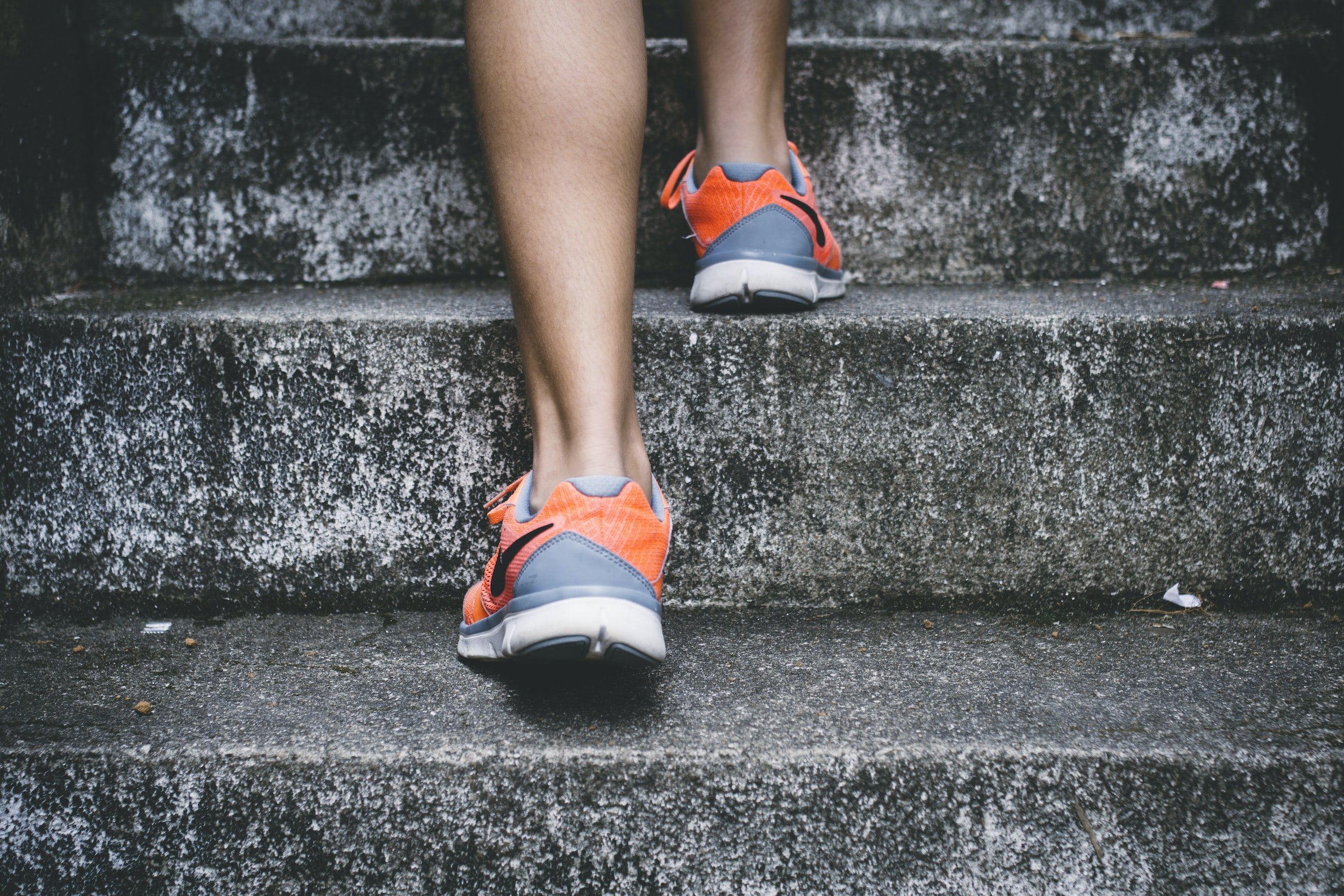Post natal AssessmenT
The comprehensive check that all women should have access to after having a baby
every women following a vaginal or cesarean delivery should have access to a post natal check with a womens physiotherapist.
Advised from 6-8 weeks post natal but can be done at any stage thereafter
Completely different to your 6 week GP check
Focused on your recovery and any symptoms or concerns you have
You do not have to have any symptoms or concerns to get an assessment - a general check is a great idea to reduce the risk of issues now or later in life
Allows us to guide you in areas that may need to be worked on for daily living or returning to higher levels of exercise
Goal orientated and individualised
The assessment is comprehensive and ongoing so may require 1-2 sessions to assess the whole body as outlined below
We discuss the results of our assessments and devise a plan together, on the steps required to get you from where you are now, to your desired goal safely
what is assessed
A discussion around your pregnancy, delivery, lifestyle, health
Posture assessment
Spine mobility
Hip mobility
Ribcage and diaphragm
Abdominal muscles - checking for Abdominal separation / DRAM
Pelvic floor muscle assessment - strength, mobility, contraction technique
Scars - cesarean, episiotomy or perineal tears
Hip and abdominal muscle function
Any other physical problems related to your pregnancy and birth
Common issues post natally
While some of these issues may be very common, they are also treatable and shouldn’t be ignored:
Bladder incontinence
Bowel incontinence
Urgency or frequency
Prolapse
Diastasis Recti (DRAM) / abdominal separation
Decreased abdominal muscle strength
Decreased pelvic floor muscle strength
Painful or tight scars
Pelvic pain
Back pain
Coccyx pain
Wrist pain
Neck/shoulder pain
post natal rehab
Starting with the basics we need to make sure you can:
Move your diaphragm and ribcage well
Contract and relax your pelvic floor well
Connect to your abdominal muscles well
From here we then progress mobility, strength, endurance and power in all areas
Depending on your goals we need to individualise your rehab plan to match to your goals:
For example, someone who wants to return to running / weight lifting:
The current guidelines recommend that we wait 12 weeks prior to recommencing impact / lifting heavy to allow for natural healing time
In the mean time, we progressively load your body safely, ensuring good technique to reduce the pressure on healing abdominals and pelvic floor muscles
Once ready we can assess your biomechanics and perform specific readiness tests to guide your return to what you love doing!



